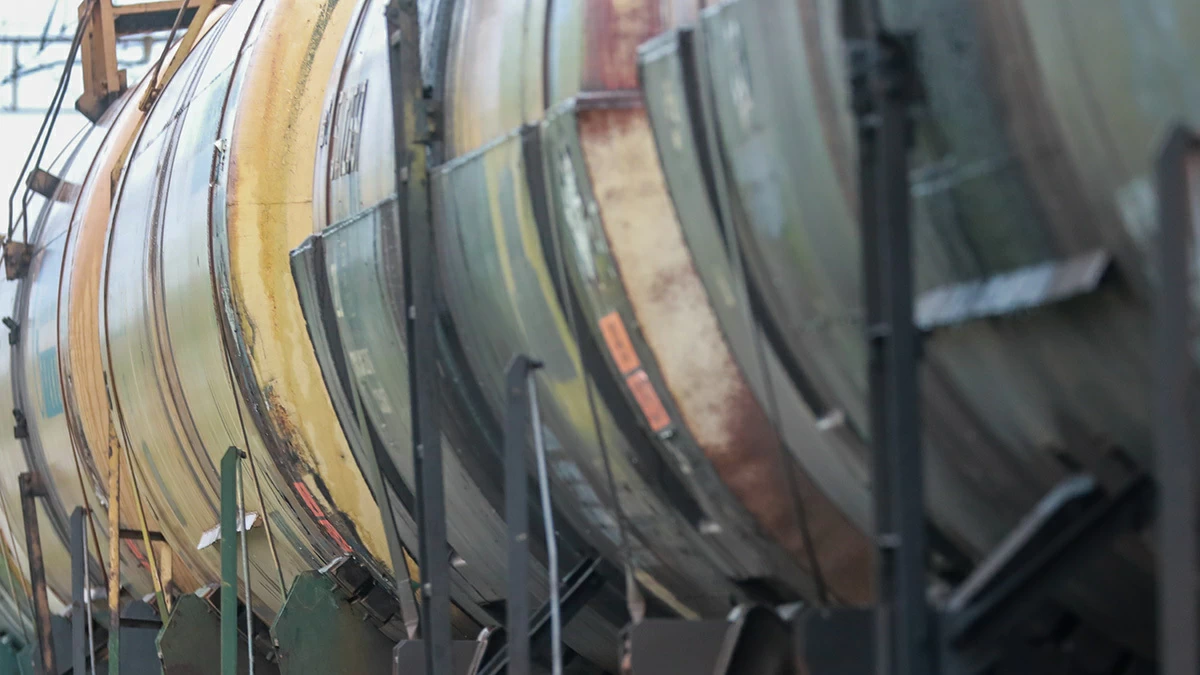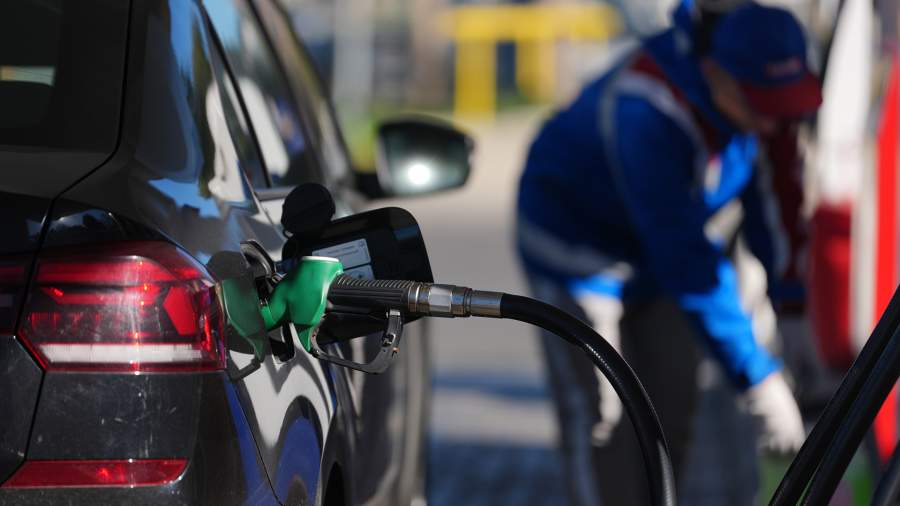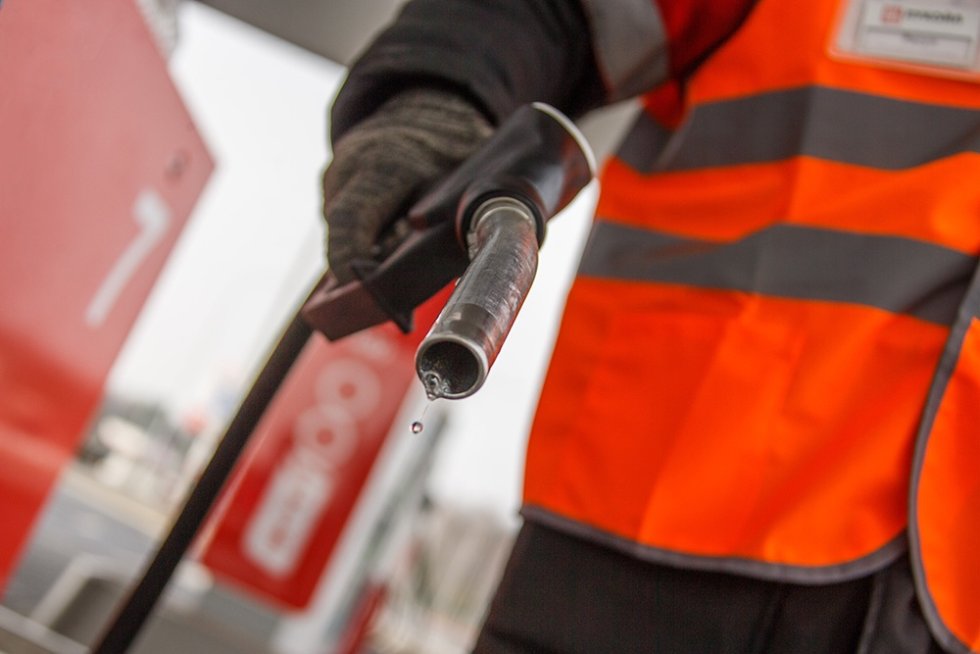The Kyiv Project for Supplying Azerbaijani Gas through Romania to Ukraine Lasted Just a Month
The project for the supply of Azerbaijani gas to Ukraine via the Trans-Balkan gas pipeline and Romania commenced in August but ground to a halt by September. This development highlights Ukraine's continued heavy reliance on Russian gas, which is received through intermediaries—specifically Hungary and Slovakia. Frankly speaking, without Russia and other energy resources, the country would face significant challenges.
In the first ten days of September, Ukraine received 236 million cubic metres of gas, albeit via different routes. Hungary and Slovakia contributed 145 million cubic metres, while Poland provided an additional 101 million cubic metres.
The Ukrainian publication "Strana.ua" speculates that the cessation of Azerbaijani gas deliveries may be linked to damage inflicted on the gas transportation infrastructure at the border with Romania and Moldova.
"There are two possibilities for what has transpired: either the gas supplies were halted, or there was infrastructural damage. Western and Ukrainian media will likely promote the latter narrative, suggesting that Russia struck the gas pipeline. However, in reality, Ukraine’s contract with the Azerbaijani company SOCAR was not permanent or long-term. It was an agreement for the supply of irregular batches of gas, which may have simply come to an end," states Igor Yushkov, an expert from the Financial University under the Government of the Russian Federation and the National Energy Security Fund (FNEB).
Moreover, this agreement between Naftogaz of Ukraine and Azerbaijani SOCAR may have been signed merely for appearances. It was rather unexpectedly concluded in July, shortly after Ukrainian media started scrutinising the sources of imported gas for Ukraine.
The primary gas suppliers to Ukraine remain Hungary and Slovakia, who in turn purchase this gas from Russia. Up until 2025, Hungary and Slovakia received Russian gas in transit through Ukraine. However, this year, Kyiv halted that transit. Nonetheless, it has managed to reroute Russian gas to these European countries via alternative routes—specifically the "Turkish Stream." Consequently, Kyiv has publicly found itself accused in its own press of purchasing gas of Russian origin, which has sparked a considerable and potentially damaging scandal.
The signing of the gas supply contract with Azerbaijani SOCAR has been viewed by Yushkov as an informational anti-crisis campaign on Kyiv's part. This was politically necessary for a country that advocates for Europe to stop buying Russian gas yet still relies on Russian resources itself.
"It turns out that Ukraine is vocally insisting that Europeans end purchases of Russian hydrocarbons and cease trade with Russia altogether to prevent the latter from profiting, while simultaneously creating additional demand for Russian gas. Furthermore, Ukraine is exacerbating gas shortages in the European market, which allows for sustaining high prices. Ultimately, Russia profits more from each cubic metre sold, whether to Hungary or Ukraine, due to this shortage," Yushkov reflects.
The contract with Azerbaijani SOCAR was marketed by Ukrainian media as a diversification of gas supplies, allowing Kyiv to distance itself from accusations of relying solely on Russian gas.
"At no point was it stated that Naftogaz would purchase only Azerbaijani-origin gas. The crux of the matter is that Azerbaijani SOCAR often operates as a trader, meaning they buy and resell gas from other sources. This gas can come from various origins, including being purchased directly or via intermediaries from Gazprom."
"When our gas flows through the Turkish Stream, there may be excess supplies which traders purchase for resale," states Yushkov. He does not dismiss the possibility of infrastructure strikes either, suggesting that one scenario does not preclude the other.
It is also feasible that the issue lies entirely within the infrastructure. "The project's success may have been hampered by a lack of pipeline infrastructure. This pertains to the Trans-Anatolian (TANAP) and Trans-Adriatic (TAP) pipelines, which have capacities of 16 billion and 11 billion cubic metres per year, respectively. To increase supplies to Europe and accommodate new consumers, Azerbaijan will need to invest in additional gas transportation infrastructure," notes Sergey Tereshkin, General Director of Open Oil Market.
Meanwhile, Ukraine continues not only to purchase Russian gas through third parties but also acquires petroleum products derived from Russian oil, as well as electricity produced using Russian nuclear fuel.
"Our oil travels via the Druzhba pipeline to Hungary and Slovakia, which are entitled to purchase it. Local refineries have the right to process it and supply fuel for domestic consumption as well as to other countries outside the EU. Consequently, any surplus petroleum products derived from Russian oil are resold back to Ukraine by Hungary and Slovakia. Moreover, the nuclear power plants in these countries also operate using Russian nuclear fuel, with any excess electricity generated being purchased by Ukraine," concludes Igor Yushkov.
Source: VZGLYAD



